As the Head of Marketing and Content of Solana NFT marketplace, Magic Eden, Tiffany Huang has had a front-row seat to the company’s meteoric rise. Even so, Huang doesn’t take any of its early success for granted. Indeed she reflects on those early days when Magic Eden was just getting started.
“Back in the day, we had to beg collections to list with us. Eventually, it flipped and the game changed but we never forget those early days.”

Quotes are condensed and edited for clarity.
Magic Eden’s impressive growth
Since its launch in September 2021, Magic Eden has seen the most impressive growth of any NFT marketplace. To illustrate, data from Dune Analytics shows that over 90% of all NFT transactions on Solana, currently take place on Magic Eden. By the same token, DappRadar lists Magic Eden as the number 1 Solana NFT marketplace, and 6th marketplace overall by all-time trade volume.
Ultimately, Huang credits Magic Eden’s strong team as a major reason for its success. In her words, “Our first focus was building a badass product, and we had the team to do it.”
And from its beginning, Magic Eden has certainly boasted an incredibly talented team. To explain, the Solana marketplace was founded by four thirtysomethings with a wealth of tech experience behind them. The founders – CTO Sidney Zhang, CEO Jack Lu, COO Zhuoxun Yin, and Chief Engineer Zhuojie Zhou – had worked at tech behemoths like Uber, Facebook, Google, FTX, and Coinbase, to name a few.
Besides its credentials, the chemistry of its core team is another thing that has enabled Magic Eden to be so successful in its first few months. Huang adds,
“I think the success is really due to the chemistry of the team. We’re nobodies. Like none of us is famous. We’re a bunch of like 30, 31-year-olds. And it’s very egalitarian.”

Solana vs. Ethereum
To be sure, the Solana NFT ecosystem as a whole has grown over the past few months. Still, Magic Eden came in at a time when there was not quite an OpenSea equivalent for that blockchain. That is to say, there were a few Solana NFT marketplaces, but none with the huge share of users that OpenSea has on the Ethereum blockchain. Now, about half a year after launching, Magic Eden has a strong claim to being the number one NFT marketplace on Solana.
Asked about some of the differences she sees between the two biggest NFT blockchains, Huang notes that Solana NFTs might attract a different kind of NFT collector than Ethereum.
“By nature of our blockchain having lower transaction fees and lower gas fees it has a significantly lower barrier to entry. So I think that the type of person who’s actually on Solana is probably different from Ethereum – maybe a younger or less experienced NFT collector.”
She also speaks on the relative youth of the Solana NFT space, and how she would like to see it grow into the future.
“Right now it just kind of feels like Solana is a bit crazy – so much development, so much hype. I hope to see the space mature in terms of the types of projects and the way people are making their choices.”
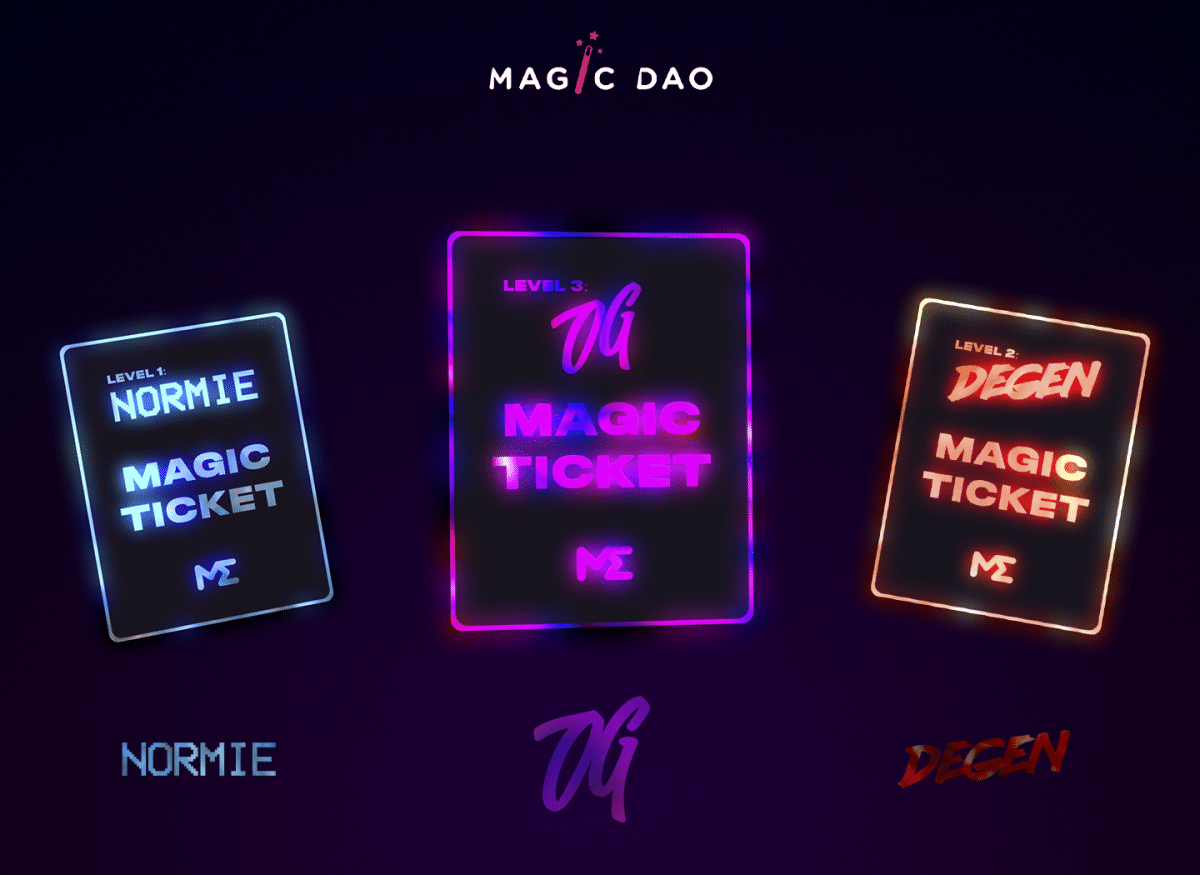
Huang believes that “decentralization” is often misused in Web3
One of the criticisms that people have about Solana in comparison to Ethereum is that it is more centralized. Of course, decentralization is one of the core tenets of Web3. So much so that it is treated with borderline religious fervor by many people in the NFT space. For one thing, questions about centralization are one of the frequent criticisms levied at OpenSea and other NFT marketplaces.
With that in mind, I asked Huang about her thoughts on decentralization as part of a small team that is building and growing an NFT marketplace at a rapid rate. She had some great insights on decentralization and people’s expectations – and perhaps misunderstandings – of the concept.
“I think words like decentralization are really big words and people sometimes misappropriate them. By the nature of us having a website and hosting collections on that website, we are a centralized marketplace. So I don’t want to misuse the word and say we’re a decentralized marketplace – I don’t even know what that means.
But the feedback has been very clear that the community wants a voice in how our marketplace grows and we certainly want that too. Which is why I don’t want to ever give people the impression that we’re some Web2 company masquerading as a Web3 company.”
MagicDAO
On that note of community feedback, it’s easy to see that Magic Eden’s commitment to that is genuine. To that end, it officially airdropped its Magic Ticket NFT just a couple of days after our conversation with Huang. These NFTs are the governance token for Magic Eden’s MagicDAO.
The purpose of the MagicDAO is to work with its community to create a stronger Solana NFT ecosystem. To that end, the MagicDAO is a way for Magic Eden to navigate that goal while still maintaining the focus on its marketplace.
As Huang explained, the MagicDAO has three levels, corresponding to different levels of involvement that people have in NFTs. In other words, the MagicDAO hopes to provide valuable utility for all NFT traders, from the beginner to the expert level. Or, as Magic Eden classifies the levels, OGs, Degens, and Normies.

The Magic Eden team took some valuable lessons from the Balloonsville rug pull
Huang was also willing to discuss openly what was likely Magic Eden’s greatest public challenge to date – The Balloonsville rug pull.
To sum up, Balloonsville was a supposed collection of 5,000 NFTs which generated a lot of excitement leading to selling out. Apparently, the project brought in 17,890 SOL (around $2 million at the time).
However, the project turned out to be an elaborate scam. To make things worse, Balloonsville flaunted the fact that it was a scam on Twitter. It then went on to blame Magic Eden for the situation, saying that the platform should’ve done more to protect its users.
Huang was candid about the experience and didn’t shy away from Magic Eden taking accountability in that instance.
“The experience sucked… It was definitely an oversight on our end and we should have vetted the project more carefully.
With that being said, we started scaling the launchpad in December and I think we were just really overwhelmed by the growth of the product. And I think after that incident we needed to take a step back and re-evaluate. So the criticism is very fair.”
As a result of the experience, Huang notes that Magic Eden learned some valuable lessons. Following the episode, the team took the opportunity to refine some of its practices.
“We are grateful to have had the opportunity to take a pause. And what we’re doing in response is making our vetting criteria much stricter on two levels. One is safety requirements, and the second is project quality standards.”
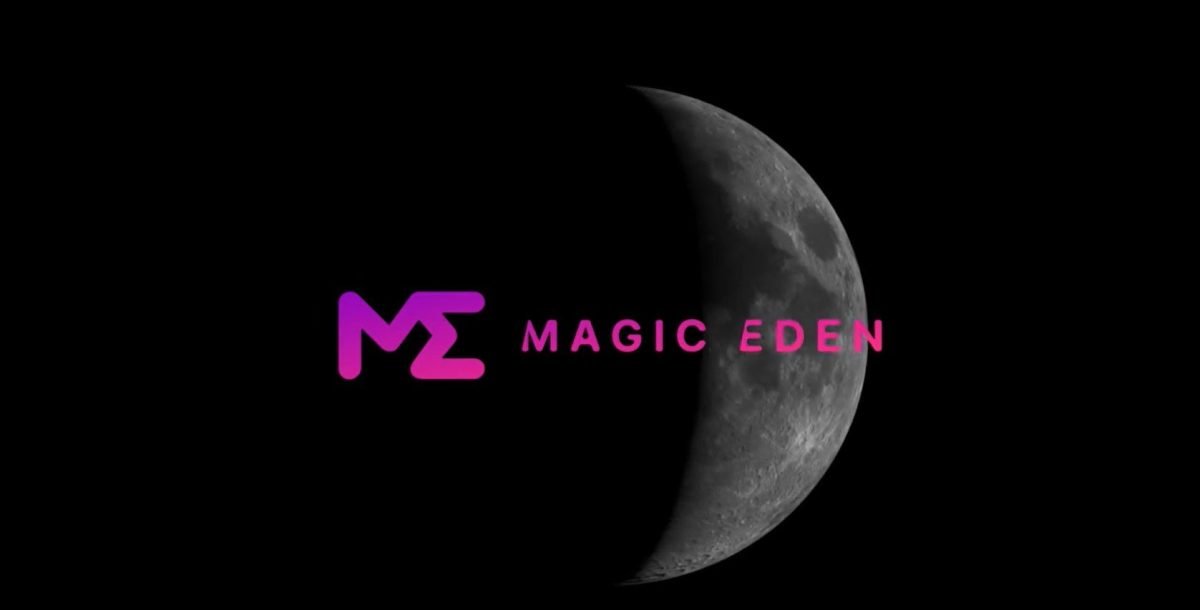
People must still take their security very seriously in Web3
Even so, Huang adds that NFT traders must remain vigilant and careful. After all, in a space where scams are rampant and constantly evolving, a level of personal responsibility is important.
“We never want to position ourselves as this rug-proof anything because that assumes that Magic Eden can protect you from all the harms of Web3. And our stance is that we will do everything we can and will be very transparent about what we’re doing. But beyond that, this is is a very nascent space and people should be making their own decisions carefully.”
All things considered, Huang is proud of how Magic Eden ultimately responded to the situation.
“We’re not perfect but we really pride ourselves on being very responsive. You can’t make everyone happy but we think we did a pretty good job.”
The future of Magic Eden
Overall, it’s important to note that it’s still early days for Magic Eden. Thus, the platform still has many updates in store for the future.
Some of the ones Huang shared include the ability to play game previews on Magic Eden; a section where users can vote on what collections are featured; a creator hub, and even a “fat finger check” to prevent listing errors.
Something else that’s important to Huang is that Magic Eden continues to help newcomers enter the NFT space. For that reason, there will also be YouTube tutorials and a playbook for onboarding into Magic Eden. And if its growth so far is any indication, it will be onboarding many more people in the coming months.
Are you tired of missing important NFT drops?
Just check out our NFT Calendar!
Receive the biggest NFT news of the day & recommendations in our Daily newsletter.
All investment/financial opinions expressed by NFTevening.com are not recommendations.
This article is educational material.
As always, make your own research prior to making any kind of investment.



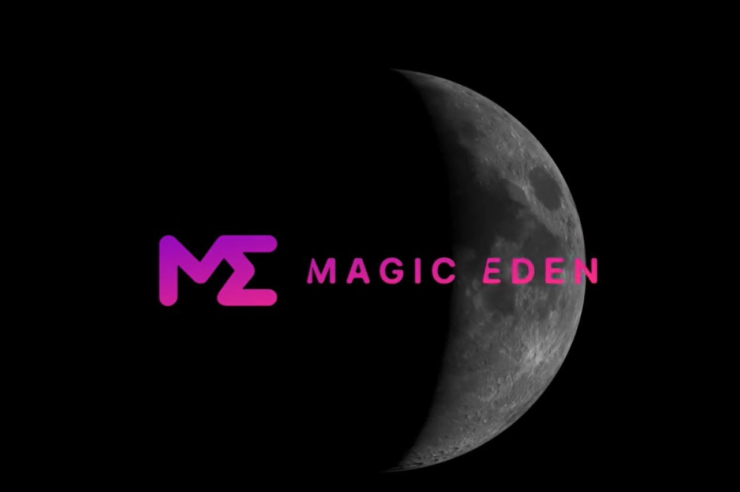
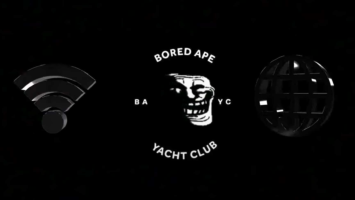
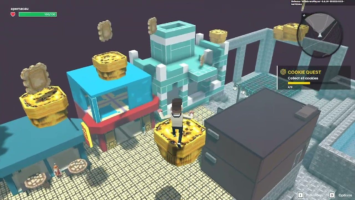
















Comments (No)